Former Google CEO in damage control mode after remote work comments spark controversy
Eric Schmidt said Google has lost ground on rival AI startups where work ethics are supposedly stronger – now he's backtracked
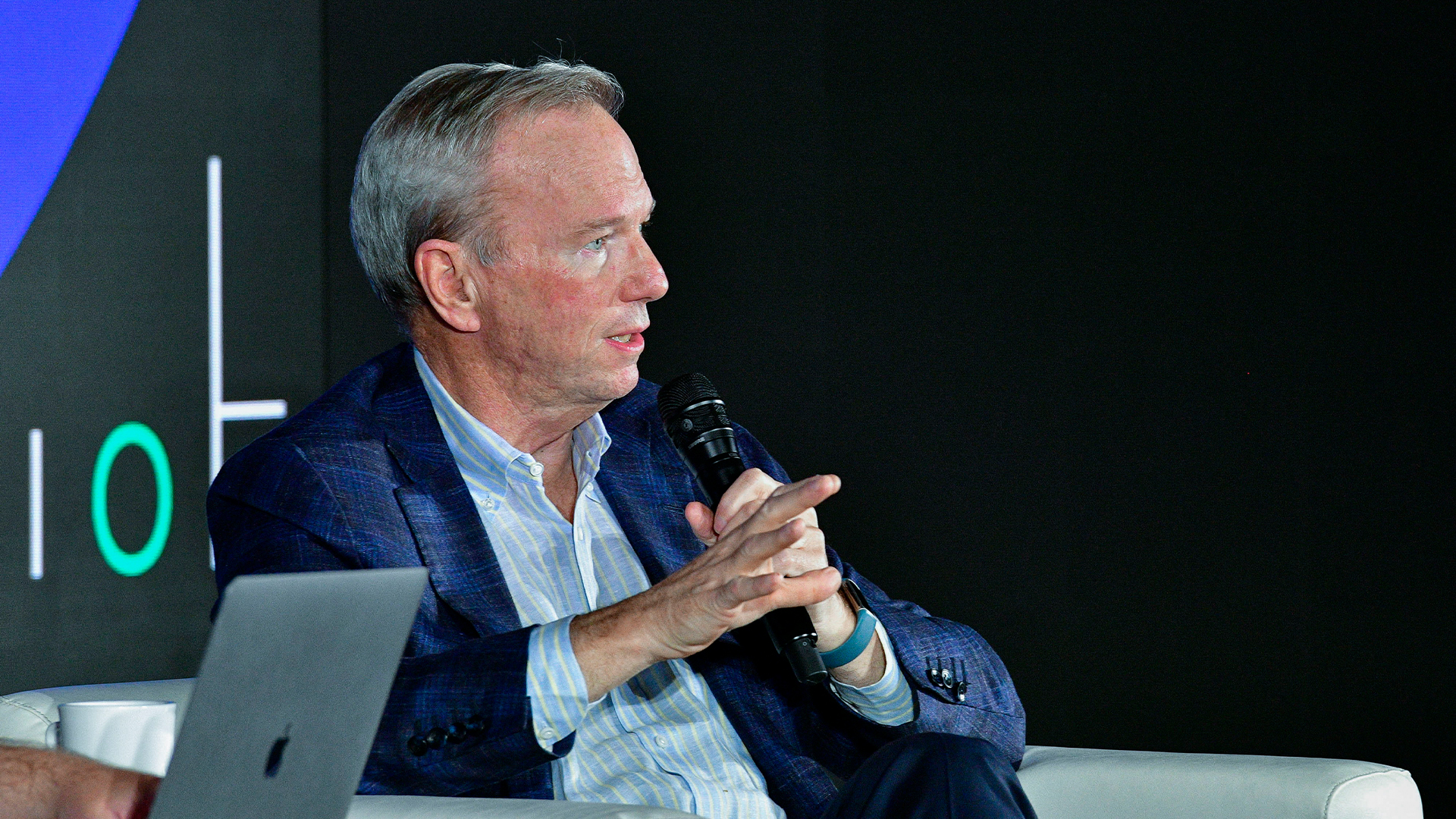

Ross Kelly
Former Google CEO Eric Schmidt has backtracked on recent comments about Google's remote working policies after sparking controversy online.
Speaking at Stanford University, the Google veteran was asked about the firm’s flagging fortunes compared to newer companies on the block, such as OpenAI and Anthropic.
During the talk, Schmidt criticized his previous employers' work from home (WFH) policies, suggesting that they’re the reason for Google’s lax performance in the generative AI race.
“Google decided that work-life balance, and going home early, and working from home, was more important than winning,” Schmidt said.
Schmidt also compared Google’s “work-life balance” mindset to the opposing startup mindset, where employees “work like hell.” This, he claimed, is the reason why startups “work.”
The former Google CEO has since backtracked on the comments, according to reports from the Wall Street Journal, and the video has been taken down by Stanford University.
Notably, the WSJ reports that the video was taken down on Schmidt's request.
Get the ITPro daily newsletter
Sign up today and you will receive a free copy of our Future Focus 2025 report - the leading guidance on AI, cybersecurity and other IT challenges as per 700+ senior executives
“I misspoke about Google and their work hours,” he said. “I regret my error.”
Schmidt's comments sparked a wave of criticism
What would've been a mundane interview with students quickly turned into a PR nightmare for Schmidt after his comments, with industry stakeholders criticizing his views on widely-employed working practices.
Elaborating further on his views on the topic of remote work, Schmidt questioned whether any aspiring business owners would employ a relaxed work from home policy if they were aiming to compete with rivals.
“I'm sorry to be so blunt, but the fact of the matter is, if you all leave the university and go found a company, you're not going to let people work from home and only come in one day a week if you want to compete against the other startups,” he said.
He also drew attention to the disparity in work ethic that exists between the US and other countries, singling out the work ethic of students in Taiwan in a controversial comparison with US counterparts.
"I was in Taiwan, different country, different culture, and they said that - this is TSMC, who I'm very impressed with - and they have a rule that the starting PhDs … work in the factory on the basement floor," Schmidt said.
“Can you imagine getting American physicists to do that? With PhDs? Highly unlikely,” he added.
WFH not the “sole factor” in productivity
Contrary to what Schmidt suggests, though, productivity at work can rarely be reduced simply to office attendance, at least according to Jasmine Eskenzi, founder and CEO of wellbeing and productivity app The Zensory.
"It cannot be stressed enough that productivity is entirely dependent on the individual, informed by a multitude of other reasons, not just the sole factor of whether you are in an office,” Eskenzi told ITPro.
Productivity differs based on the individual, and as such cannot be changed at the company-wide level through overarching or blanket office attendance measures.
“Viewing each member of staff as a unique individual with specific needs is a large part of having a productive work environment, not just whether or not someone is in the office,” she added.
Speaking from personal experience, Ed Johnson, CEO and Co-Founder of PushFar, added that he’d seen the productivity benefits from WFH in his own business.
“I certainly believe working from home can be as productive as working from an office. We operate as a remote working business and have seen hugely positive company growth, along with maintaining excellent team relationships,” he told ITPro.
“Ensuring productivity is maintained when employees are working from home is however crucial for business leaders,” he added.
Google’s remote work headaches
Schmidt’s comments come after years of WFH difficulties at Google which saw the firm butt heads with staff as it sought to implement stricter return-to-office (RTO) mandates in the post-pandemic period.
Google faced backlash from employees when it tried to enforce RTO measures in 2021, forcing the firm to alter its approach and allow for extended measures for many employees.
Hybrid working with three-days-a-week minimum office attendance has been the standard since 2022, though last year Google sparked controversy once again with plans to track attendance using badge data.
RELATED WHITEPAPER

Other companies have had their own RTO sagas. Dell Technologies, for example, told remote workers that they could miss out on promotions unless they gave into the firm’s office attendance demands.
Staff pushed back at Dell as well, with almost 50% reportedly ignoring threats and choosing to remain fully remote.
A recent internal survey shed further light on the scale of discontent at the tech giant amidst the return-to-office spat, with employees noting that morale had dipped significantly.

George Fitzmaurice is a former Staff Writer at ITPro and ChannelPro, with a particular interest in AI regulation, data legislation, and market development. After graduating from the University of Oxford with a degree in English Language and Literature, he undertook an internship at the New Statesman before starting at ITPro. Outside of the office, George is both an aspiring musician and an avid reader.
- Ross KellyNews and Analysis Editor
-
 Cleo attack victim list grows as Hertz confirms customer data stolen
Cleo attack victim list grows as Hertz confirms customer data stolenNews Hertz has confirmed it suffered a data breach as a result of the Cleo zero-day vulnerability in late 2024, with the car rental giant warning that customer data was stolen.
By Ross Kelly
-
 Lateral moves in tech: Why leaders should support employee mobility
Lateral moves in tech: Why leaders should support employee mobilityIn-depth Encouraging staff to switch roles can have long-term benefits for skills in the tech sector
By Keri Allan
-
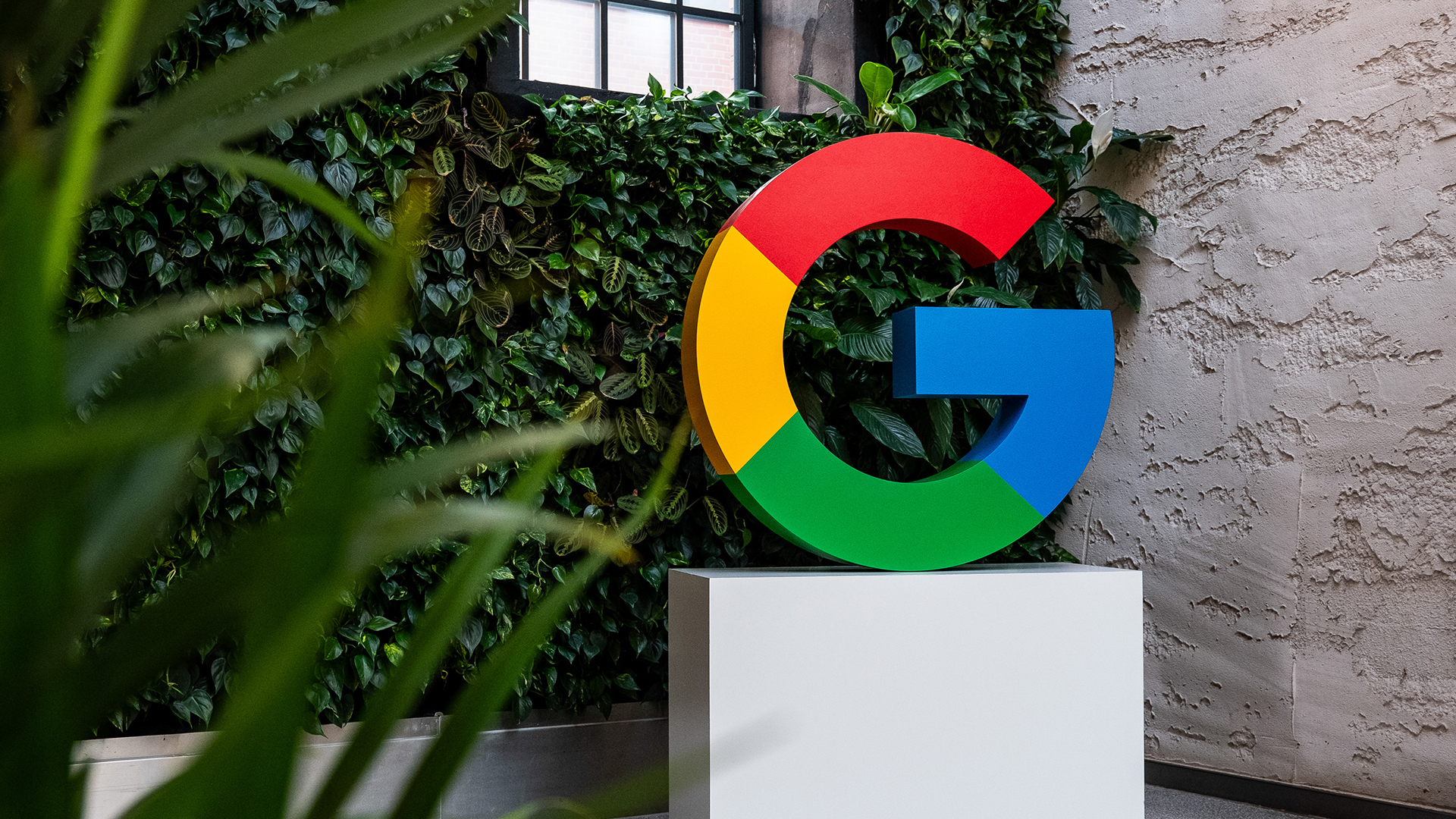 Google just released a new AI agent for data scientists on Colab, and it’s free to use
Google just released a new AI agent for data scientists on Colab, and it’s free to useNews Google Labs has made Data Science Agent available to all Colab users in a bid to help developers speed up application design.
By Emma Woollacott
-
 ‘Europe could do it, but it's chosen not to do it’: Eric Schmidt thinks EU regulation will stifle AI innovation – but Britain has a huge opportunity
‘Europe could do it, but it's chosen not to do it’: Eric Schmidt thinks EU regulation will stifle AI innovation – but Britain has a huge opportunityNews Former Google CEO Eric Schmidt believes EU AI regulation is hampering innovation in the region and placing enterprises at a disadvantage.
By Ross Kelly
-
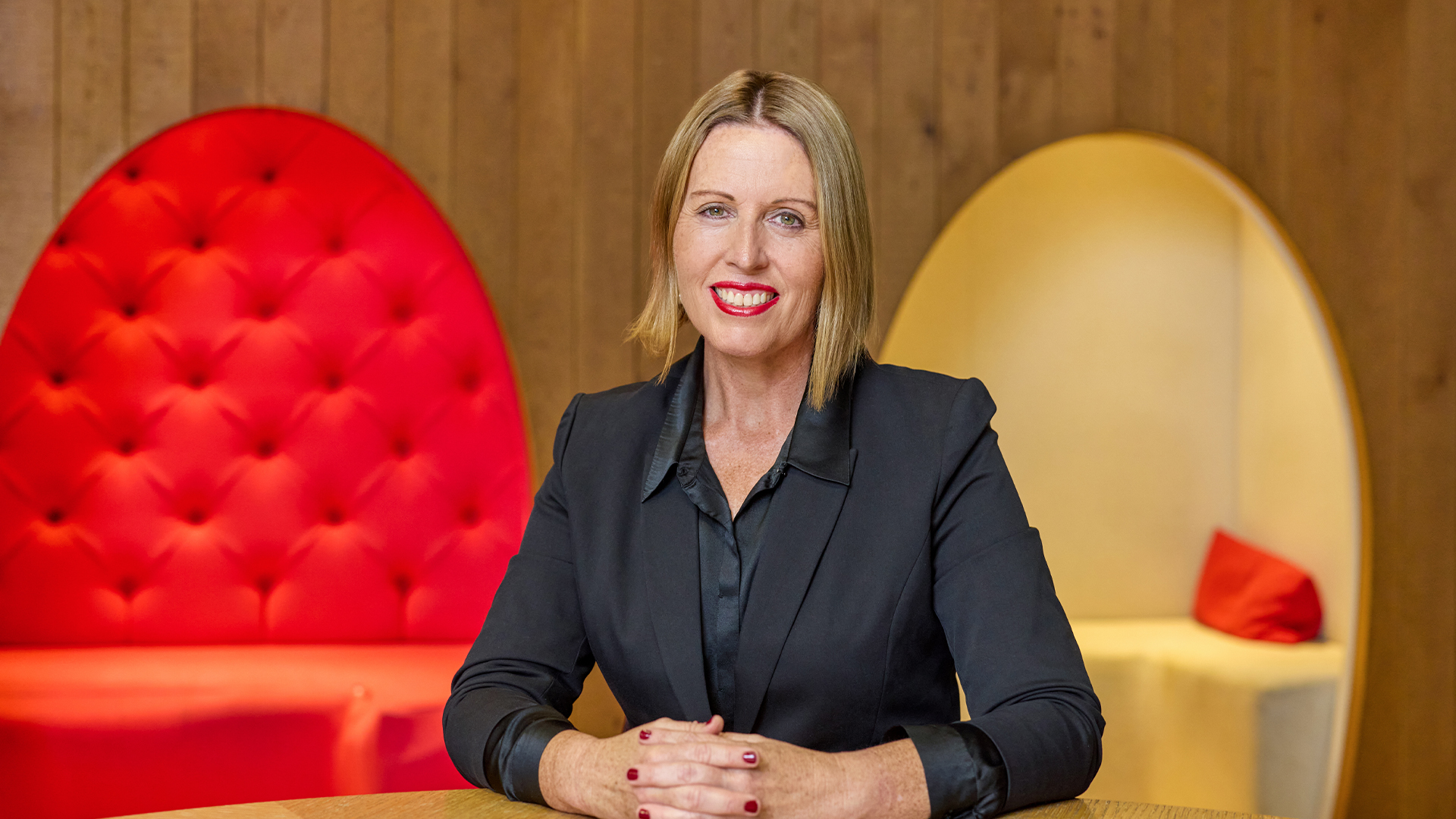 Google Cloud names new VP for UK&I and Sub-Saharan Africa
Google Cloud names new VP for UK&I and Sub-Saharan AfricaNews The experienced executive will lead Google Cloud's operations and sales strategy across the two regions
By Daniel Todd
-
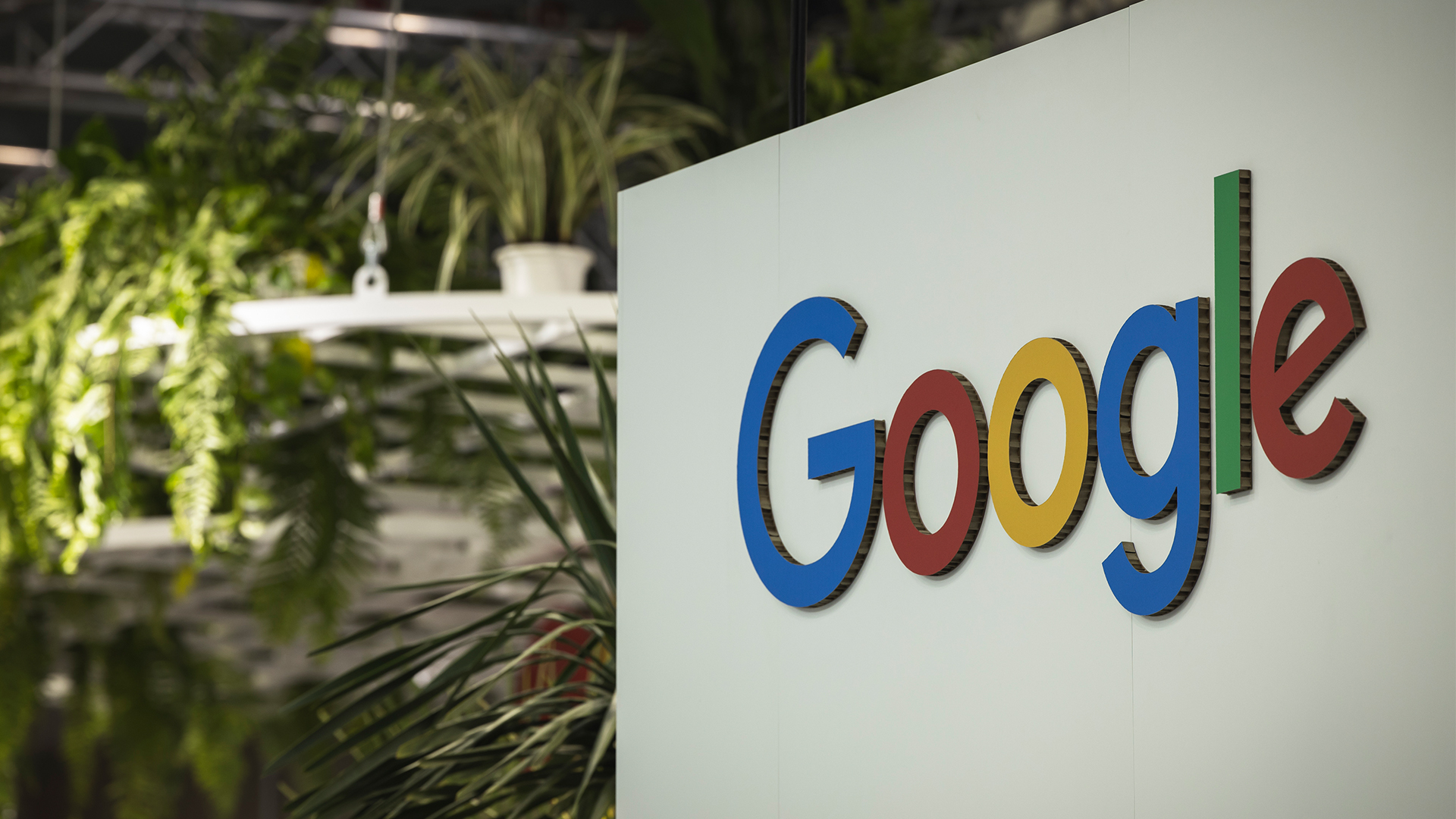 Google wants regulators to break up Microsoft's OpenAI deal
Google wants regulators to break up Microsoft's OpenAI dealNews Google has already been nipping at Microsoft’s heels in the European cloud market over competition concerns
By George Fitzmaurice
-
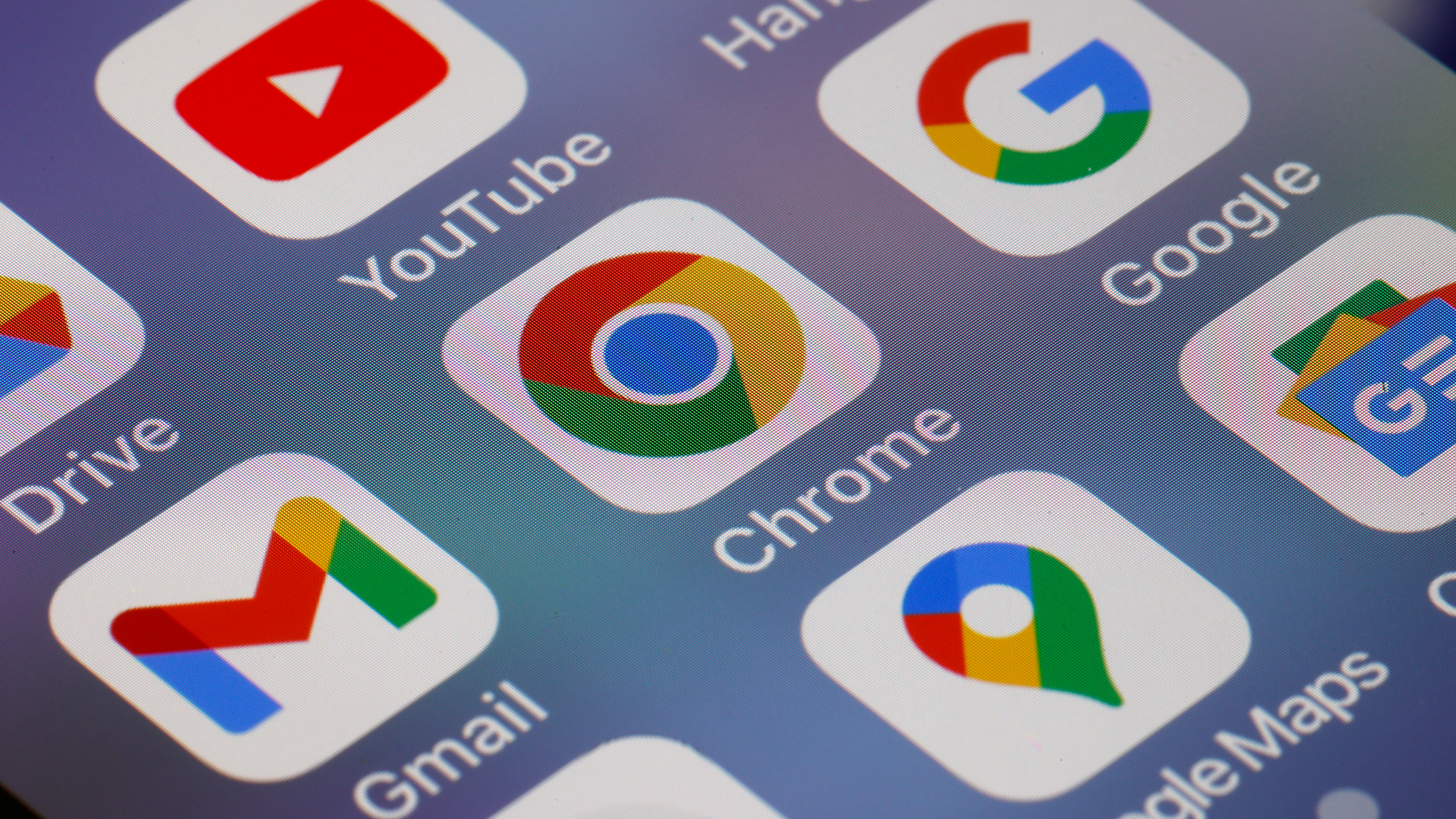 DoJ demands Google sells Chrome — and potentially Android too
DoJ demands Google sells Chrome — and potentially Android tooNews Confirming earlier reports, the US Department of Justice filing calls for Chrome to be divested over monopoly concerns
By Emma Woollacott
-
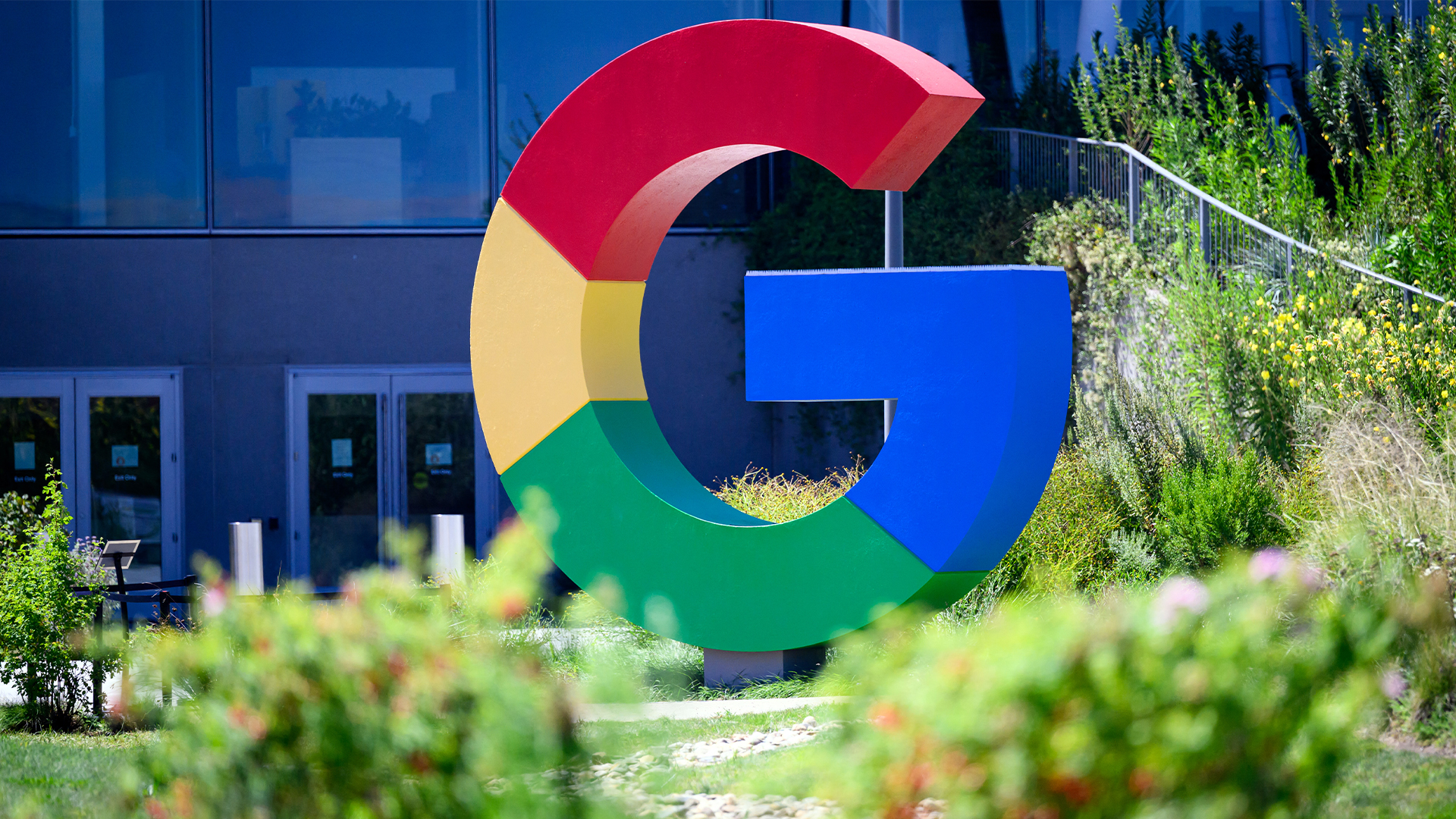 Google slams reported forced Chrome sell-off, says "radical" move would harm businesses
Google slams reported forced Chrome sell-off, says "radical" move would harm businessesNews The US government previously told Google it presides over a monopoly in the search engine market
By George Fitzmaurice
-
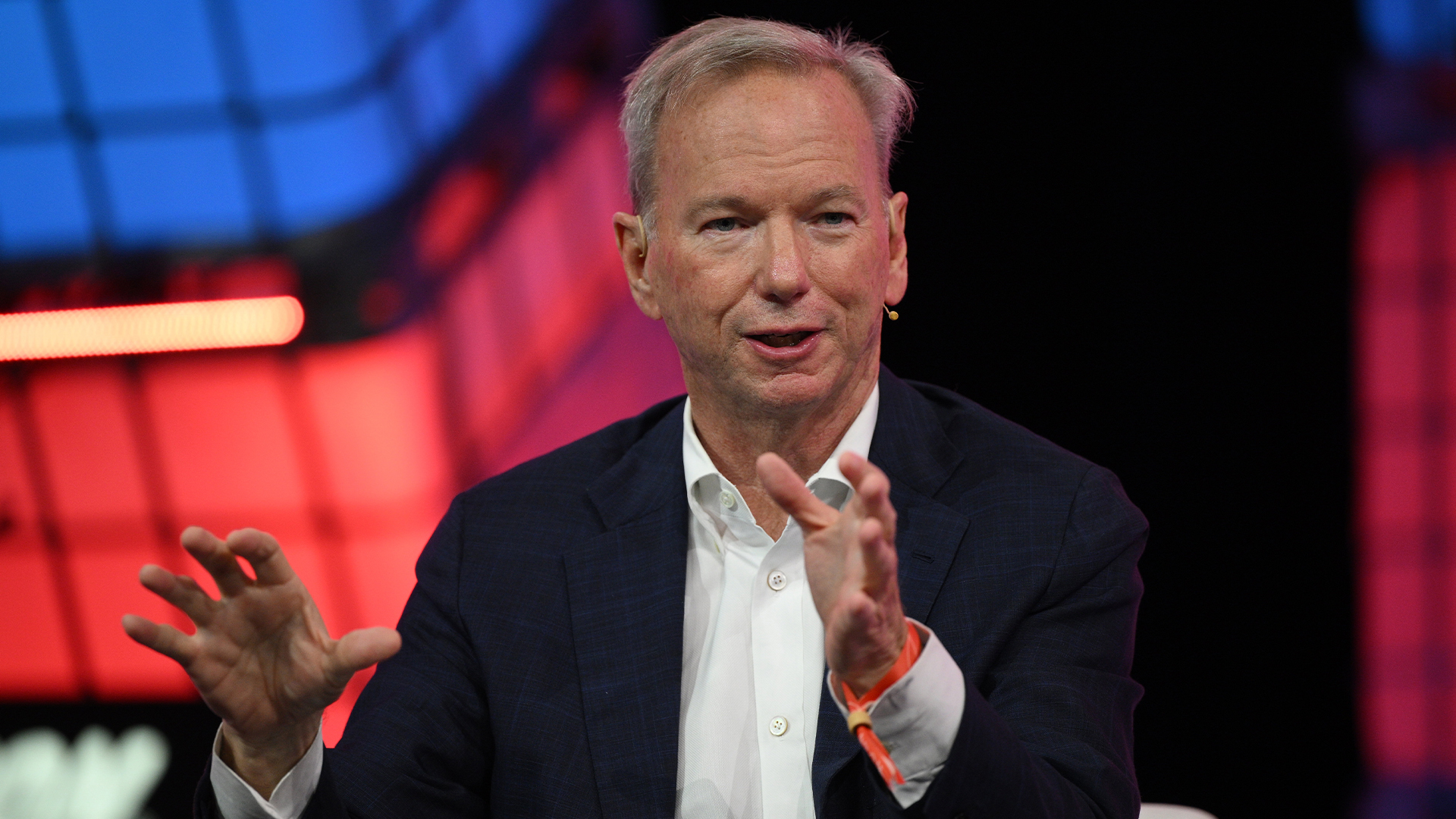 Eric Schmidt admits remote work has productivity benefits, but he still wants staff in the office
Eric Schmidt admits remote work has productivity benefits, but he still wants staff in the officeNews The tech exec came under fire earlier this year for criticizing Google’s remote work policies
By George Fitzmaurice
-
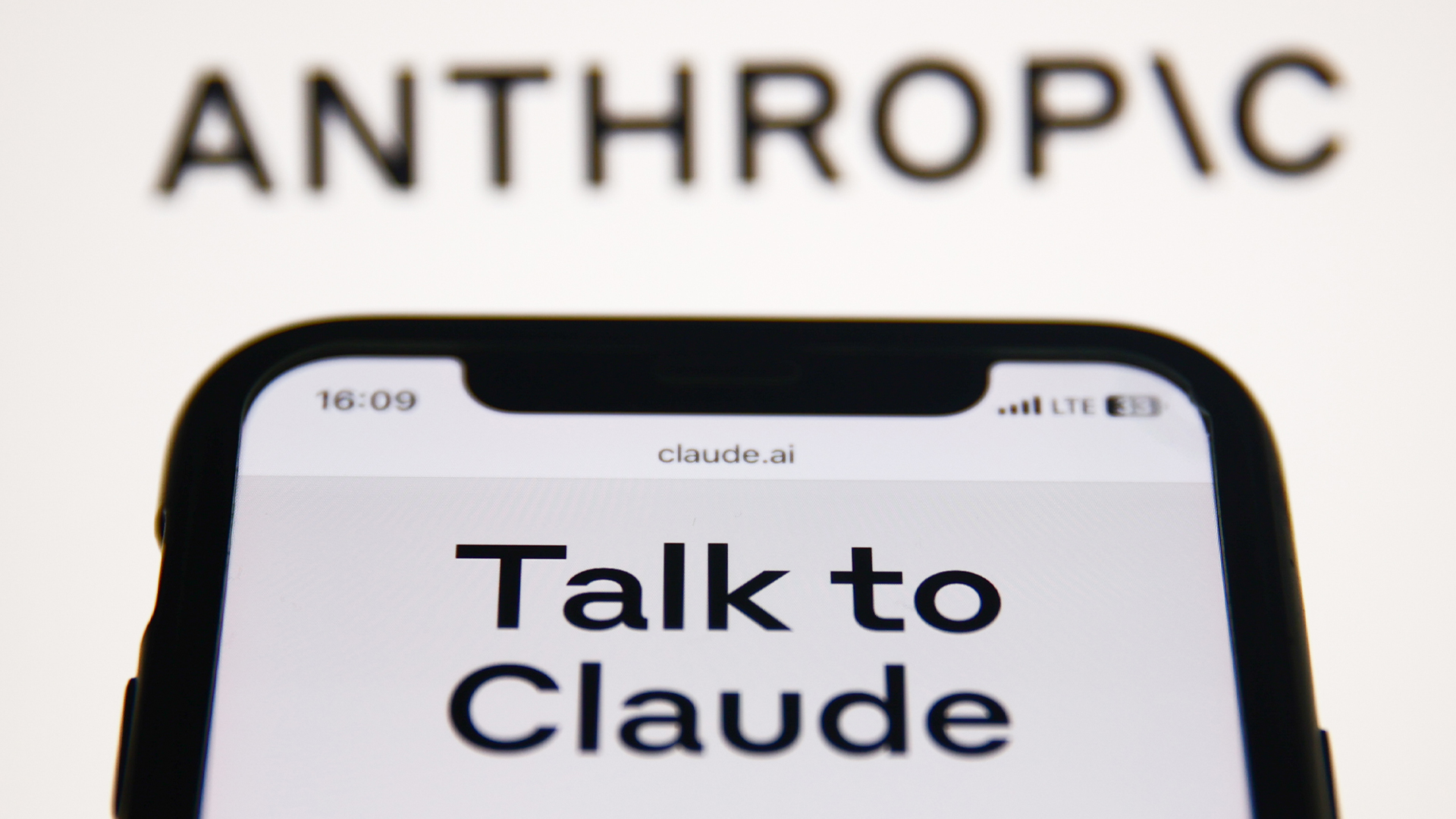 Industry body hits out at CMA following launch of Google, Anthropic merger probe
Industry body hits out at CMA following launch of Google, Anthropic merger probeNews Industry stakeholders think the probe will negatively impact innovation and growth in the UK’s AI sector
By George Fitzmaurice